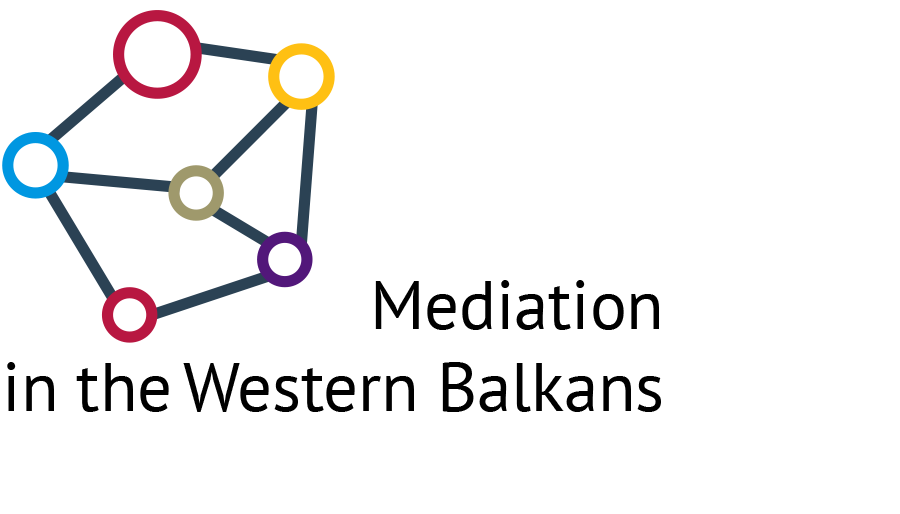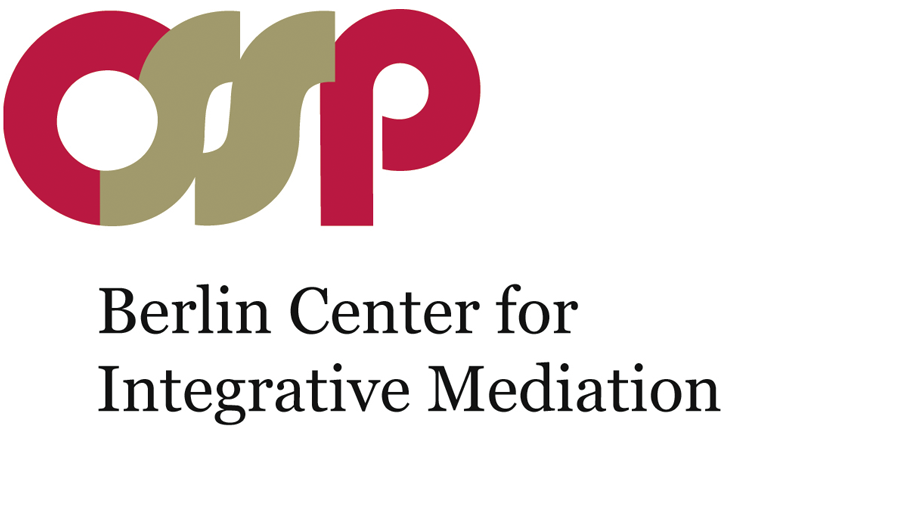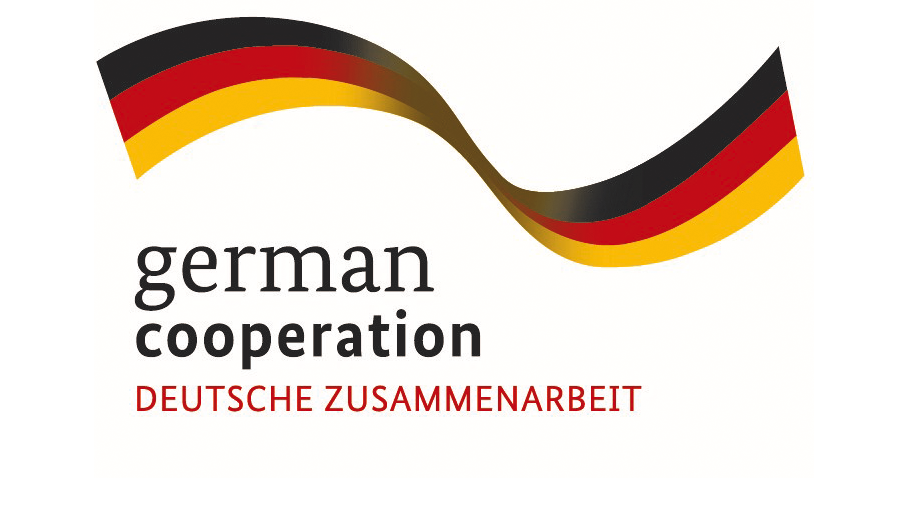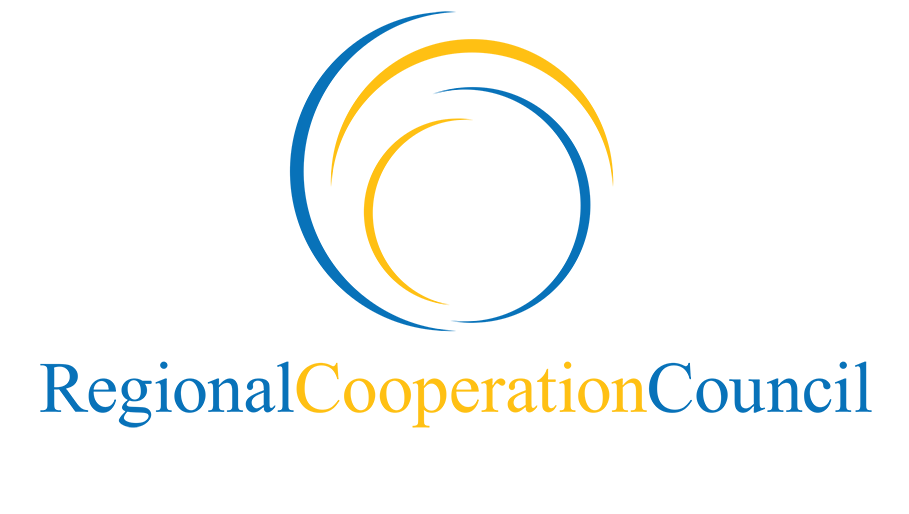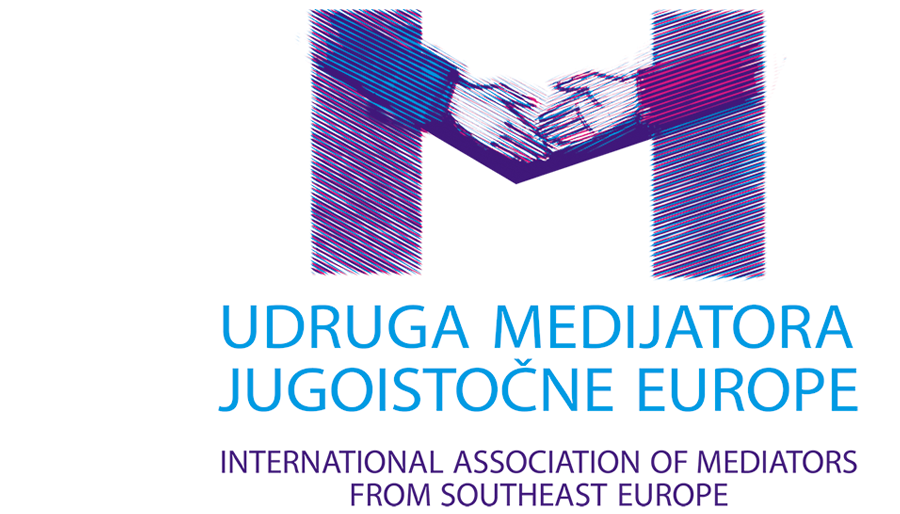Programme
Day 1: Thursday, 29th October, 2020, 11:00 – 15:00 CET
11:00
Opening
Christoph Lüttmann, Managing Director, CSSP Berlin Center for Integrative Mediation, Berlin
Prof. Dr Tanja Miščević, Deputy Secretary General, Regional Cooperation Council, Sarajevo
Stipe Šola, President of the International Association of Mediators from Southeast Europe, Zagreb
Welcome Address
Željko Bogut, Secretary of the Ministry of Justice, Bosnia & Herzegovina, Sarajevo
Ambassador Margret Uebber, German Ambassador to Bosnia & Herzegovina, Sarajevo
Etilda Gjonaj, Minister of Justice of Albania, Tirana
Key Note
Law and mediation: Complementary Siblings or Competitors?
Challenges and Potentials of the Cooperation between Legal System and Mediation System
A successful interlinkage between law and mediation can be beneficial to a society by unburdening the judicial system, increasing efficiency and reducing costs compared to law suits – and last, but not least, strengthening resilience and conflict competency.
However, law and mediation follow very different ways of reasoning. Whereas the judiciary examines and enforces the conformity with the law, mediation focuses on the interests and needs of the parties to increase mutual understanding and find a mutually acceptable solution. Besides being different ways of reasoning, it is also about different cultures of conflict resolution including mutual clichés and prejudices that can weaken trust and cooperation.
Mag. Gordana Ristin, Mediator and Judge, High Court Ljubljana, Head of the Court’s Department for Alternative Dispute Resolution, President of the Slovenian Association of Mediators, Ljubljana
Dr Srđan Šimac, Mediator and Judge, High Commercial Court of the Republic of Croatia, President of the Croatian Mediation Association, Zagreb
Facilitator: Christoph Werthmann, Integrative Mediator & Conference Coordinator, CSSP Berlin Center for Integrative Mediation, Berlin
Questions & Answers, Moderated Discussion
12:30
Lunch Break
13:30
Panel I
Assessment of the Justice-Mediation Links throughout the Western Balkans
Overview by the Presidents of the Mediation Associations and Mediation Chambers from Albania, Bosnia & Herzegovina, Croatia, Kosovo*1, Montenegro, North Macedonia and Serbia
Recommending how to improve the connection between justice and mediation systems requires an assessment of how the different mediation systems are functioning, which aspects are working well and which are not. This opening panel gives a panoramic perspective before specific aspects in the following ones are deepened and more thoroughly discussed.
Blažo Nedić, Member of the Managing Board of the Serbian National Association of Mediators, Belgrade
Faton Morina, President of the Chamber of Mediators of Kosovo*, Pristina
Slave Mladenovski, President of the Chamber of Mediators of the Republic of North Macedonia, Skopje
Dr Drita Avdyli, Chairwoman of the Albanian National Chamber of Mediators, Tirana
Amir Avdagić, Vice President of the National Association of Mediators of B&H, Sarajevo
Dr Srđan Šimac, President of the Croatian Mediation Association, Zagreb
Facilitator: Stipe Šola, President of the International Association of Mediators from Southeast Europe, Zagreb
Questions & Answers, Moderated Discussion
Closing of the Day
15:00
End of Day 1
Day 2: Friday, 30th October, 2020, 09:00 – 13:00 CET
09:00
09:15
Panel II
Referral from the Justice to the Mediation System – Good Practices, Factors of Success and Lessons Learned from Albania, Kosovo*, Italy and Serbia
Throughout the region, laws and sublegal acts are in place to enable a smooth referral process. However, the number of cases referred from court or prosecution to mediation is often low. This panel explores on which levels improvement could be encouraged and which lessons can be learned from good practices from the region and beyond.
Jasminka Bratić, Deputy Minister of Herzegovina Neretva Canton in Charge of Judiciary, Mostar
Blažo Nedić, Mediator, Lawyer, World Bank Group Regional Mediator and Member of the UN Global Panel of Mediators, Belgrade
Markelian Koça, Judge, Chair of Durres District Court, Durres
Lazar Rakić, Programme Manager, Alternative Dispute Resolution Center (ADRC), Mitrovica
Nicola Giudice, Head of Mediation Service, Milan Chamber of Arbitration, Milan
Facilitator: Rasim Gjoka, Founder and Director, Albanian Foundation for Conflict Resolution and Reconciliation of Disputes, Tirana
Questions & Answers, Moderated Discussion
Co-Facilitator: Simone Ceresa, Integrative Mediatior and Programme Manager Albania, CSSP – Berlin Center for Integrative Mediation
10:15
Break in Breakout Rooms
10:30
Panel III
Involving Courts, Law Enforcement Agencies and Administration
Awareness Raising and Sensitising for Mediation
Even if different laws on mediation recommend its use, it only works if the wider public and (public) institutions have a (practical) understanding of mediation, are convinced of its benefits and are asking for this service.
The panel illustrates successful awareness raising approaches towards public actors and the general public, e.g. through training, internal publications on mediation, as well as coordination and cooperation strategies.
Dr Arben Murtezić, Director of Centre for Judicial and Prosecutorial Training of the Federation of Bosnia & Herzegovina, Sarajevo
Dr Jasminka Džumhur, Human Rights Ombudsperson of Bosnia and Herzegovina, Sarajevo
Dr Besim Kelmendi, State Prosecutor, Office of the Chief State Prosecutor of Kosovo*, Pristina
Col. Taibe Canolli Brajshori, Director of the Human Resources Department, Kosovo Police, Pristina
Facilitator: Jorida Shytaj, Senior Political Advisor, Rule of Law Programme, Regional Cooperation Council, Sarajevo
Questions & Answers, Moderated Discussion
Panel IV
The Quality of Mediation
Key for Strengthening the Link?
An essential condition for strengthening the link between mediation and justice is the trust into the quality of provided mediation. A thorough training of mediators, their opportunities to gain experience, and a framework ensuring certain standards are key. At the same time high and rigid requirements are limiting the practice of mediation or also the recognition of existing mediation practices, which slows down the development of the system. The practice of mediation is often limited to specific professional backgrounds, typically legal ones, which can create trust, but which can also impede the development.
Smiljka Gavrić, Economist, Mediator and Trainer of the Association of Mediators of Bosnia & Herzegovina, Sarajevo
Brunilda Zenelaga, Mediator, Sociologist, University Professor, Faculty of Social Science, University of Tirana, Tirana
Dr Sc. Isuf Jahmurataj, Professor of Civil Law and Mediation Expert in Kosovo*, Pristina
Mag. Gordana Ristin, Mediator and Judge, High Court Ljubljana, Head of the Court’s Department for Alternative Dispute Resolution, President of the Slovenian Association of Mediators, Ljubljana
Facilitator: Dr Carla Schraml, Integrative Mediator and Programme Manager Bosnia & Herzegovina, CSSP Berlin Center for Integrative Mediation, Berlin
Questions & Answers, Moderated Discussion
11:30
Break in Breakout Rooms
11:45
Gathering Insights and Recommendations
Synopsis and Outlook
Strengthening the Network of Mediators in Southeast Europe
Christoph Lüttmann, Managing Director, CSSP Berlin Center for Integrative Mediation, Berlin
Prof. Dr Tanja Miščević, Deputy Secretary General, Regional Cooperation Council, Sarajevo
13:00
End of Conference
Updated: 29th October, 2020
[1] The language of this website is in accordance with the usage of the Regional Cooperation Council: *This designation is without prejudice to positions on status, and is in line with UNSCR 1244/1999 and the ICJ Opinion on the Kosovo declaration of independence
